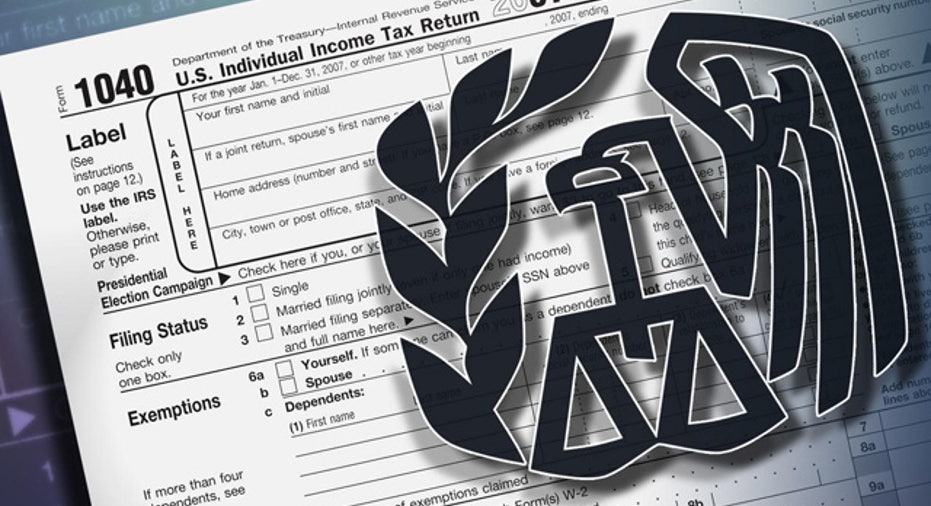Get The Most Out Of Your Charitable Giving

Charitable donations can do more than help your favorite cause, they can save you a lot of money come tax time. Whether you are looking to give $50 or $5,000 there are a slew of ways to maximize the gift of giving.
“The benefits primarily center around tax deductions,” says Patrick Lee, a certified public account at Kruggel Lawton CPAs in South Bend & Elkhart, Indiana. “You are able to take dollar-for-dollar deductions.”
The rules surrounding deducting charitable contributions vary depending on what tax bracket you fall into. People who are in higher income tax brackets are limited in the amount they can write off. Single people making over $254,200 and married couples filing jointly who make over $305,050 for 2014 will face limitations. For people in lower income tax brackets they can deduct 100% of their donations.
Regardless of your tax bracket, in order to get the deduction you have to itemize on your tax return, which means you’ll need to have deductions greater than $6,200 if you are single and $12,400 if you are married and filing jointly in 2014. What’s more, your deduction can’t be greater than 50% of your taxable income, no matter which tax bracket you fall into. While $6,200 or $12,400 may seem like a lot, allowable deductions such as real estate taxes, mortgage interest and medical expenses can quickly add up. “Charitable homeowners are usually able to reach those amounts pretty easily,” says Lee.
Donate Appreciated Stock To Avoid Capital Gains
In addition to getting dollar-for-dollar deductions for your donations, people who own appreciated stock that they have held for longer than one year can donate the shares to their preferred charity and avoid any long-term capital gains taxes. “Maybe you bought a stock ten years ago for $500 and now it’s worth $1,000. Normally if you sell you are subject to the long-term capital gains tax on the $500 gain,” says Lee. “If you give directly to the charity you’ll get a charitable deduction of $1,000 for the fair market value and avoid the long-term capital gains tax.” Lee says charities are well aware of this strategy and are more than willing to work with donors to accept appreciated stock as a donation.
Set Up a Charitable Trust To Save On Taxes
Another way to get tax deductions on your charitable giving is to set up a charitable trust in which you give to a charity and they use it as income for a set number of years. At the end of the period, whatever is left goes to a non-charitable beneficiary like your children, grandchildren or even yourself. According to Joe Franklin, president of Franklin Wealth Management, with this strategy, typically used by the wealthy, people often get a current income, gift or estate tax deduction on the assets donated to the trust.
Donate from your IRA if you are over 70 and-a-half
Since the IRS requires everybody over 70½ to take money out of their IRA and retirement plan, Franklin says a popular strategy over the last few years has been to give that withdrawn money to a charity. By doing that you get the deduction from your charitable donation and don’t have to worry about the tax implications. The IRA Charitable Rollover provision allows individuals who have reached age 70½ to donate up to $100,000 to charitable organizations directly from their IRA, without treating the distribution as taxable income. Franklin says the rule allowing money from the IRA to go to a charity hasn’t passed in the Senate yet this year, but it tends to pass at the 11th hour each year.
Contribute to IRS Approved Charities
Consumers have to remember that in order to get the deduction this year, any charitable donations have to be made before Jan. 1 2015. In the case of appreciated stock, Franklin says people shouldn’t wait until the end of the year. It’s better in that case to give it away when the stock has appreciated enough instead of waiting in hopes it will go higher.
The type of charity people invest in will also impact their deductions. In order to benefit on your taxes you can only contribute to charities that are qualified by the IRS.
Whether you are giving a lot of money one time or a little throughout the year, experts say you need to keep good receipts for all your donations. It’s particularly important if you are giving a lot to a charity or charities. Experts say a red flag for the IRS is a tax return with a large charitable donation when there hasn’t been one in the past. “When you are giving large gifts, especially property, you need to keep good records,” says Yu. “When the IRS comes to look at your return you have to have documentation, otherwise you have no standing for the deduction.”



















